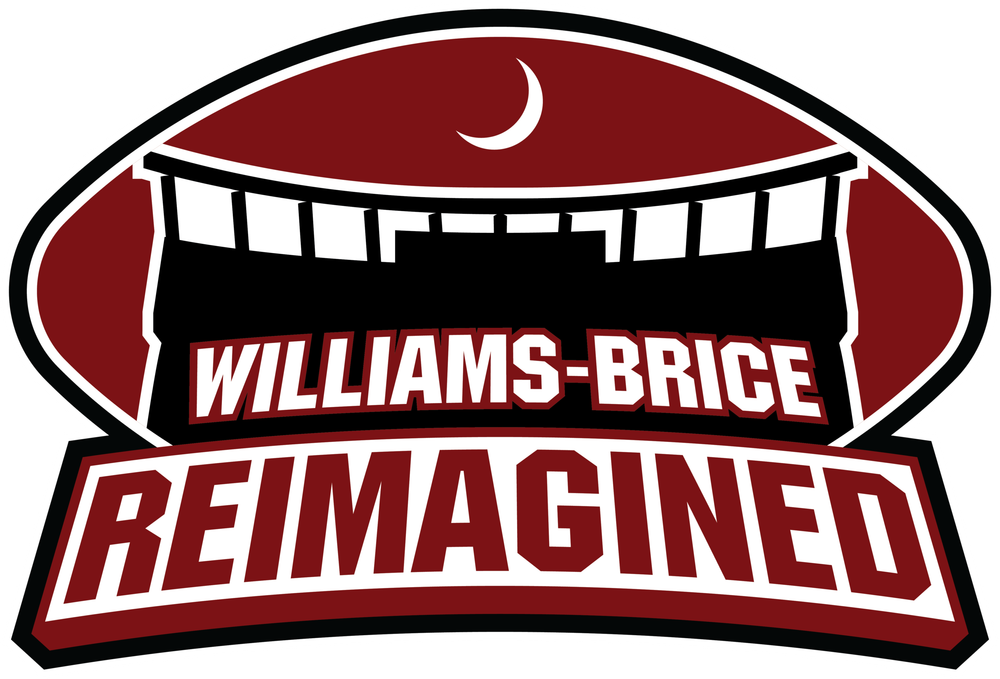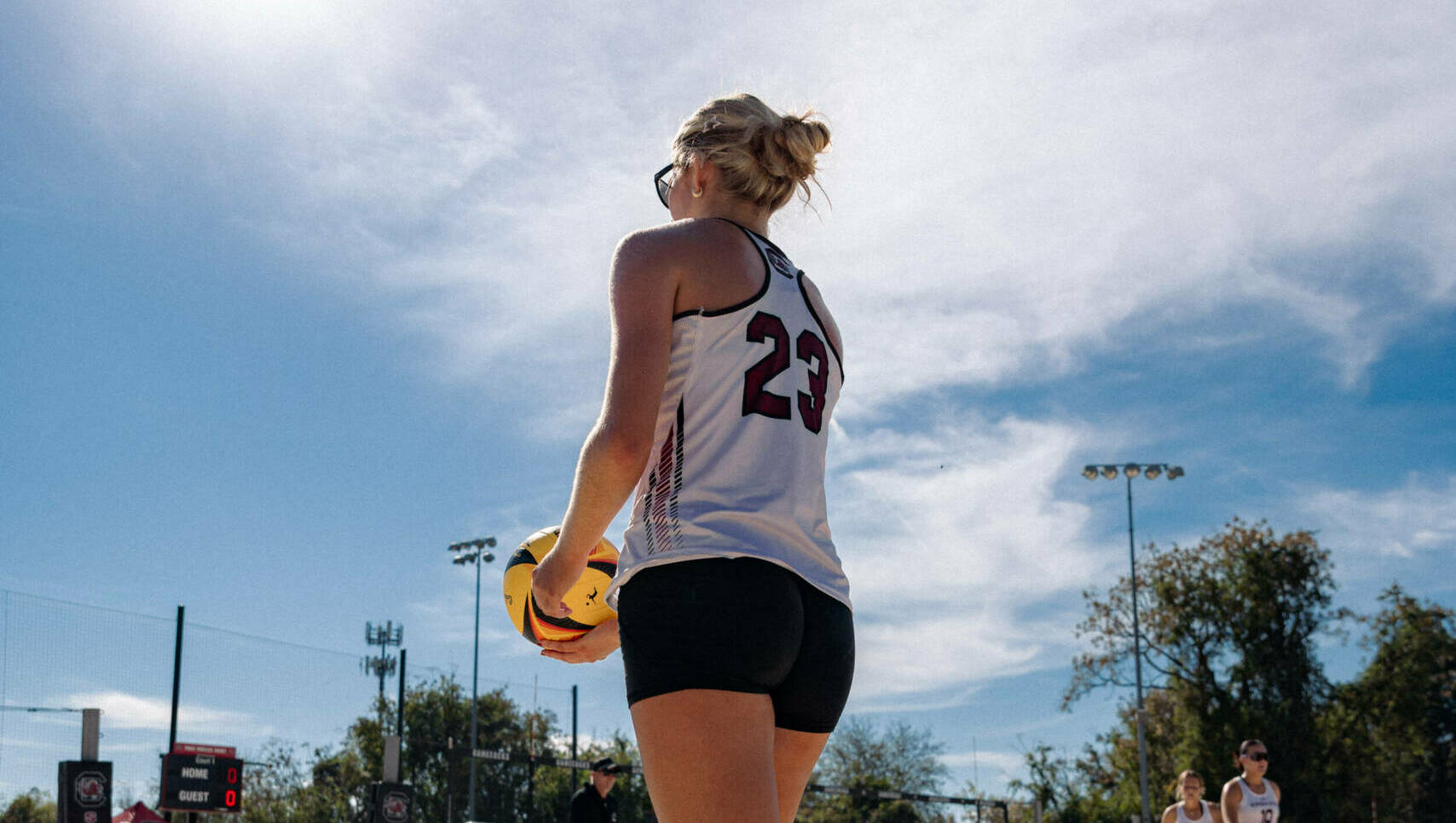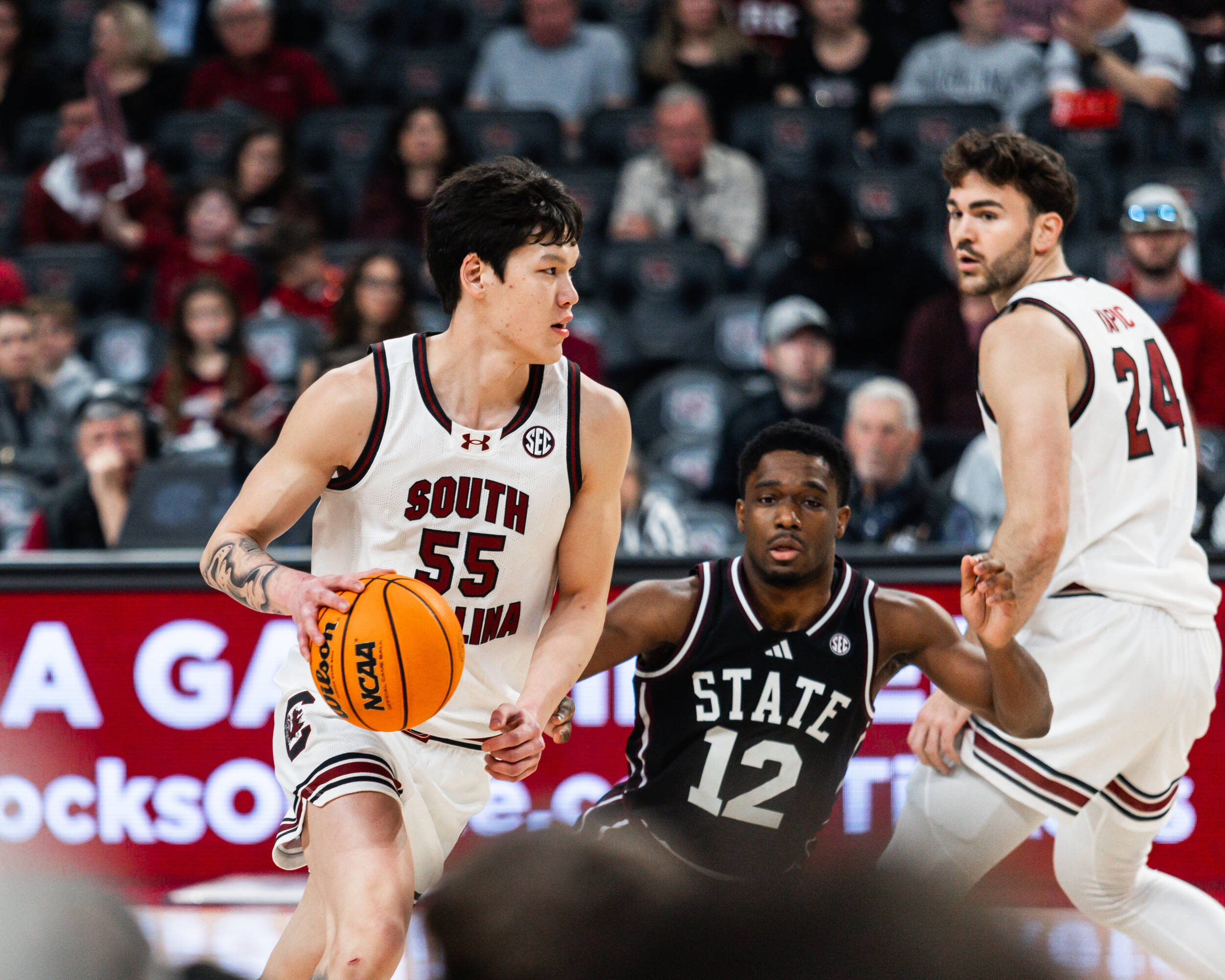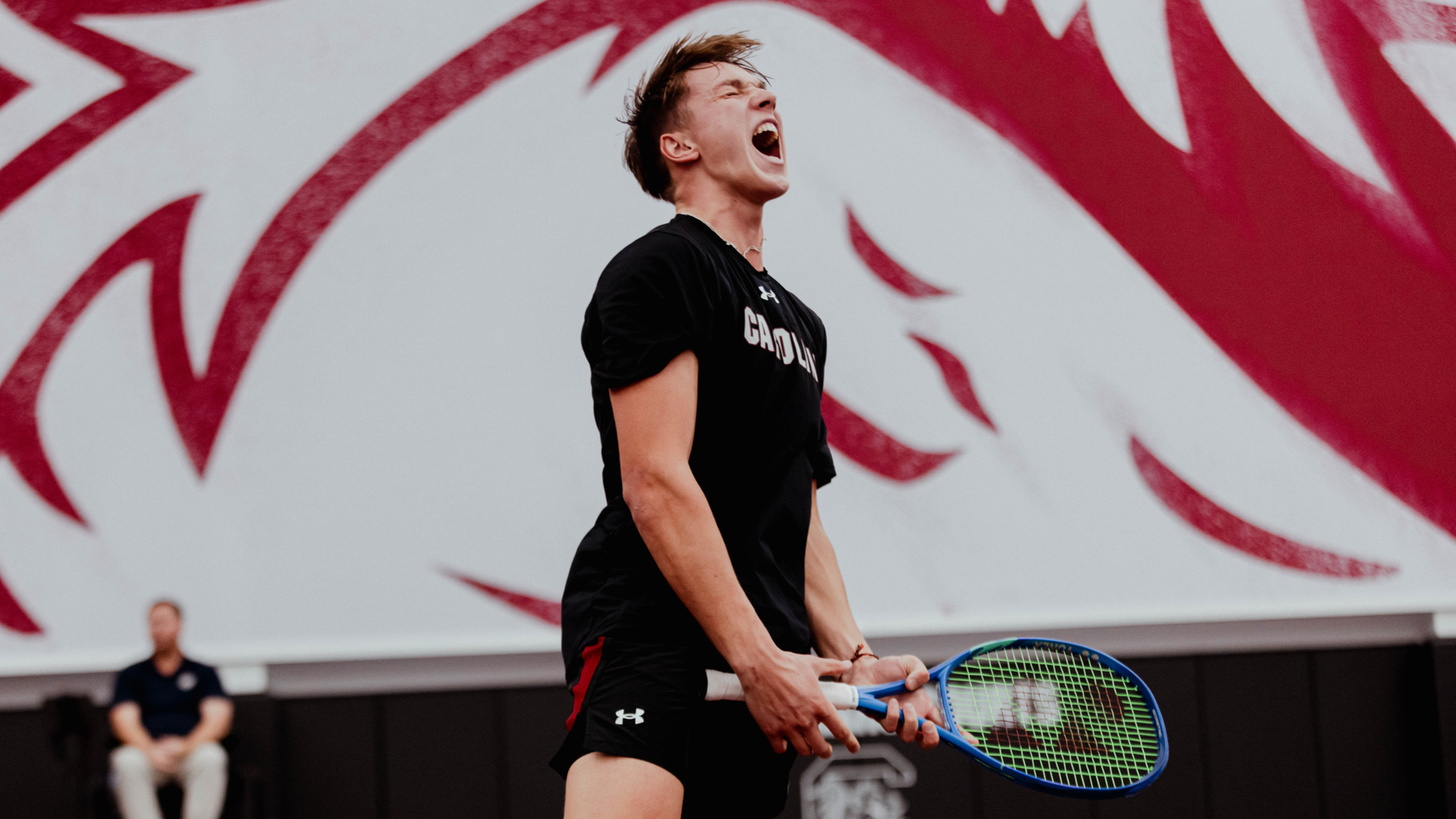What are examples of impermissible recruiting activities?
As a booster, you may not:
- Contact a prospect in-person on-campus or off campus.
- Contact a prospect by telephone, email, Internet or letter.
- Provide gifts or free or reduced-cost services to a prospect or the prospect’s relatives or guardian.
- Employ relatives, guardians or friends of a prospect as an inducement for the prospect’s enrollment and athletics participation at a university.
- Become directly or indirectly involved in making arrangements for a prospect or the prospect’s relatives or guardian to receive money or financial aid of any kind.
- Provide transportation for a prospect or the prospect’s relatives or guardian.
- Provide free or reduced-cost tickets for a prospect or the prospect’s relatives or guardian to attend an athletic event.
- Provide any material benefit (e.g., meals, cash) to the coach of a prospect, including high school, two-year college, AAU and summer team coaches.
What are examples of permissible activities?
Even though there are many rules prohibiting your involvement with prospects and the recruiting process, as a booster, you may:
- Notify university coaching staff members about noteworthy prospects in the area.
- Attend high school or two-year college athletic contests or other events where prospects may compete, provided no contact occurs.
- Continue existing friendships.
What are examples of impermissible benefits for enrolled student-athletes?
As a booster, you may not provide a student-athlete or a student-athlete’s friends, relatives or guardians:
- Tickets to college or professional sporting events.
- A special discount, payment arrangement or credit on a purchase or service.
- Cash or loan or signing or co-signing of a loan.
- Transportation, payment of expense or loan of any automobile.
- Benefits or gifts based upon the student-athlete’s athletic performance.
- Free or reduced rent or housing.
- An honorarium to a student-athlete for a speaking engagement.
What are examples of permissible benefits for enrolled student-athletes?
With the various NCAA rules and regulations regarding benefits to student-athletes, it may seem difficult to be a part of a university’s athletic programs. However, you can show your support as a booster in other ways. Boosters may:
- Make contributions to university programs and other gift-in-kind arrangements.
- Attend university athletic events and show student athletes you support their hard work and dedication to the university.
What is institutional control?
Institutional control of athletics is a fundamental requirement of NCAA legislation. Specifically, the NCAA constitution states that the university must:
- Control its intercollegiate athletic programs in compliance with the rules and regulations of the NCAA.
- Monitor its program to insure compliance.
- Identify and report to the NCAA instances in which compliance has not been achieved and take corrective actions.
- Insure those members of university staff, student-athletes and other individuals or groups representing the university’s athletic interests comply with NCAA rules and regulations. As a member of the NCAA, the university is responsible for the actions of its alumni, supporters and fans.
Are there any rules for the employment of enrolled student-athletes by boosters?
Student-athletes may only be compensated for work actually performed and at a rate commensurate with the going rate. Compensation may not include remuneration for the value that the student-athlete may have for the employer due to the student-athlete’s athletics status. Transportation may not be provided to student athletes unless it is a benefit provided to all employees.












